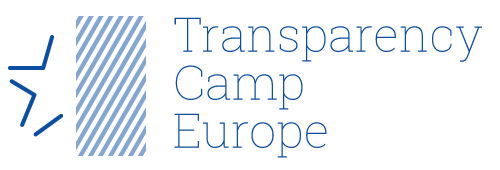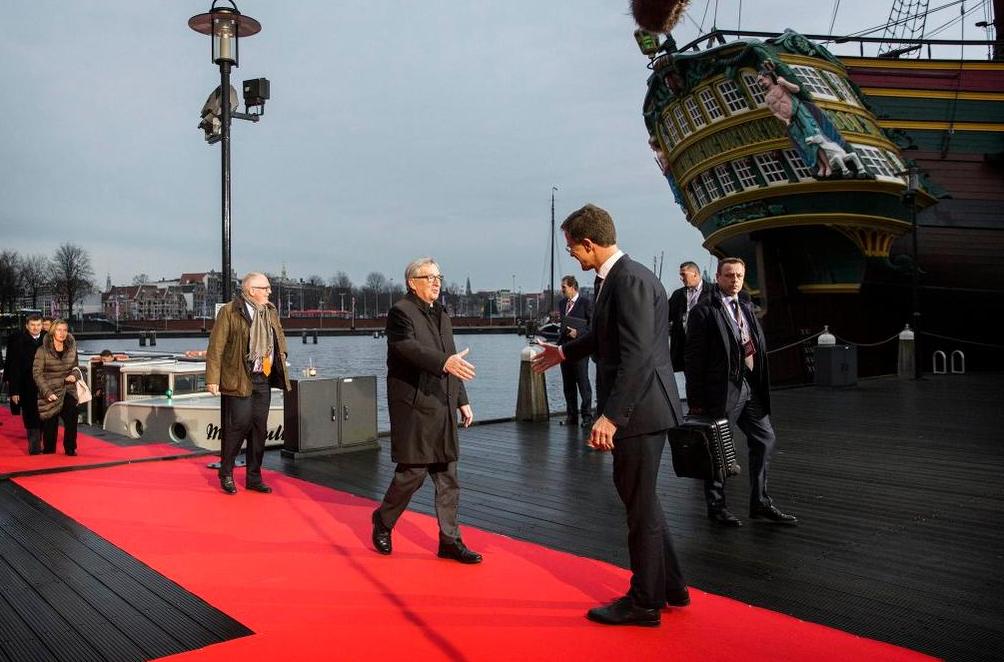The Dutch government, which currently holds the Presidency of the EU, has recently announced that it will host a “transparency unconference” in Amsterdam on 1 June.

The event, which has its own dedicated website is co-organised by the Dutch NGO Open State Foundation, which has as its mission the promotion of open data.
The term unconference stands for an “unscheduled conference, where you decide the agenda”. Among its objectives, the organisers pledge to go in a collective search for transparency innovations on the technological or other fronts. Participation to the event is free of charge.
The unconference forms part of a wider initiative by the Dutch presidency to involve civil society on the topic of transparency and access to government information, entitled the Transparency Camp Europe or TCampEU for short. In a recent letter to the Dutch parliament, foreign minister Koenders reiterated the government’s commitment to transparency as part of its presidency agenda, describing TCampEU as “the moment to enter into a dialogue with civil society about its transparency needs as well as possibilities for improvements”.

Besides the engagement of civil society on the subject of EU transparency, the letter also comments on other fronts of the EU’s transparency policy. Some of these, such as the deadline for the European institutions to present steps to render EU documents more accessible through a coordinated register are rather concrete. Others, such as “efforts to explore” whether the revision of the access to documents law “may be further advanced”, as well as a pledge to remove at the earliest possible moment the “limite” document label that prevents the public from accessing documents, are rather more vague.
